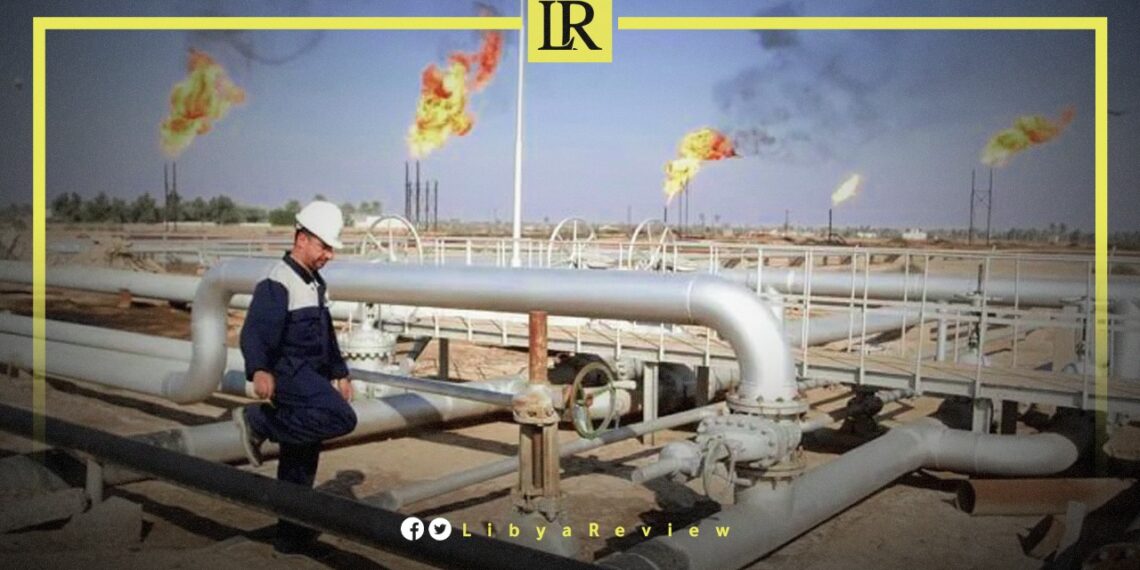Libya has reaffirmed its position as Africa’s leading country in proven oil reserves, maintaining a total of 48.36 billion barrels, an amount that has remained unchanged since 2013.
The latest annual statistical bulletin released by the Organization of the Petroleum Exporting Countries (OPEC) shows that Libya continues to dominate the continent’s oil reserve rankings, despite a slight continent-wide decline in total reserves in 2024.
According to OPEC data, Africa’s confirmed crude oil reserves dropped slightly to 119.36 billion barrels in 2024, down from 119.58 billion barrels in 2023. This follows a modest increase in 2023 when reserves rose by 533 million barrels from 119.05 billion barrels in 2022. Despite these fluctuations, Libya’s reserves have remained stable for over a decade.
Nigeria holds the second-largest oil reserves on the continent, with 37.28 billion barrels, although it experienced a decline of 220 million barrels in 2024—the only African country on the list to report a drop. In contrast, other countries saw their reserves either increase or remain stable.
In terms of production, Nigeria leads Africa with an average output of 1.34 million barrels per day in 2024, followed by Libya with approximately 1.13 million barrels per day. Algeria ranks third with reserves of 12.2 billion barrels, unchanged since 2006.
Sudan and South Sudan are jointly listed by OPEC with stable reserves at 5 billion barrels. Egypt holds 3.3 billion barrels in confirmed reserves, consistent with figures reported since 2021. Angola maintains 2.55 billion barrels for the third consecutive year, a significant drop from the 7.23 billion barrels it reported in 2020 before revisions.
Other notable figures include Gabon with 2 billion barrels, the Republic of the Congo with 1.81 billion barrels, and Equatorial Guinea with 1.1 billion barrels—all stable since their last updates.
Looking ahead, OPEC warns that total crude production capacity among African OPEC+ members, including Libya and Nigeria, may drop to 4.2 million barrels per day by 2030. This projection is driven by persistent security challenges and difficulties in attracting foreign investment.


